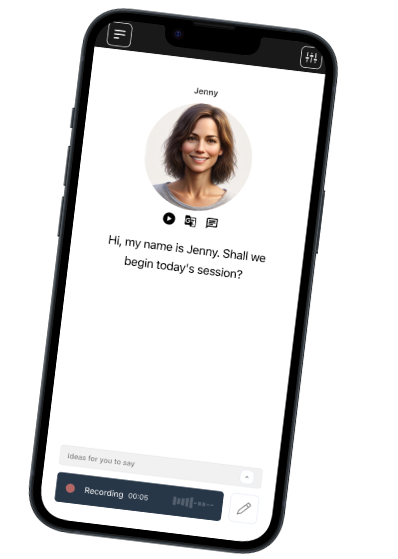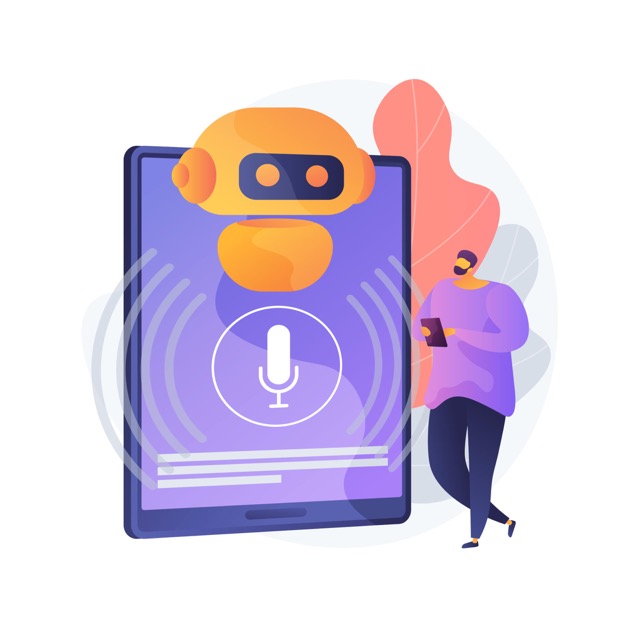Founded in Denmark. We respect your privacy.
Join a worldwide community of language learners
Do Language Barriers Still Matter in a World of AI Translators? Surprising Realities for Learners in 2024
Last updated on
In an era where AI-powered translators can render speech and text into dozens of languages almost instantly, it’s natural to wonder: Are language barriers becoming obsolete? If you’ve ever pulled out your phone to communicate across cultures, you’ve probably experienced the thrill of instant understanding—but also some awkward or comical missteps. As learners look toward 2024, the picture is more complicated than most headlines suggest.
In this post, we’ll explore the evolving nature of language barriers with the rise of AI translation. You’ll discover where these innovations shine, where they stumble, and why real spoken language skills are still much more than a relic of the past. There’s a twist to this story—one that could change how you approach language learning from today onward.
The Promise: Instant Global Communication
AI translators—like those built into phones, web browsers, and language learning platforms—are remarkable tools. According to Britannica’s overview of machine translation, today’s systems use advanced neural networks trained on millions of language pairs, producing translations more fluent and context-aware than ever before.
Travelers can now navigate public transport in Tokyo or order food in Rome by speaking into an app. Business meetings with colleagues from Brazil, South Korea, or Germany can run smoothly thanks to real-time subtitling. Humanitarian aid workers deploy these tools to overcome critical communication gaps. It seems, at first glance, that language barriers are finally crumbling.
The Hidden Obstacles
Yet, experienced language learners—and even professional interpreters—know that translation has its limits. AI struggles with idioms, jokes, sarcasm, and cultural context. Research published in Computers in Human Behavior reveals that users often run into trouble with ambiguous terms, regional dialects, or emotionally charged conversations.
Imagine negotiating a contract, navigating medical emergencies, or building relationships—all situations where precise nuance matters. AI translators can misinterpret even common expressions; for instance, the French phrase “il pleut des cordes” means “it’s raining cats and dogs,” but AI may convert it to the literal “it’s raining ropes”—likely to confuse anyone not familiar with the idiom.
Language is more than just words; it’s about tone, body language, cultural values, and local customs. That’s why Cambridge English research continues to emphasize the importance of real conversational ability, especially in professional or academic settings.
What AI Can—and Can’t—Teach Us
AI translation tools do provide ample value for vocabulary building, rapid comprehension, and exposure to different languages. For learners, using these tools can be a great way to check phrases, compare expressions, or get immediate help when stuck.
But practicing with actual conversation partners or AI tutors—such as those found on Talkio’s AI conversation platform—offers far greater depth. Engaging in simulated real-world scenarios develops your confidence, intuition, and adaptability far more than simply relying on a translation app. This is especially critical when dealing with the subtleties of local accents and dialects. If you’re curious about regional differences, Talkio supports multiple English dialects—from the UK and beyond—helping learners thrive in a variety of contexts.
The Big Reveal: Language Learning—More Essential Than Ever
Here’s what might surprise you: As AI translators become ubiquitous, the value of genuine spoken language skills is actually increasing. In a world flooded with machine-mediated speech, the ability to meaningfully connect—to joke, persuade, mediate, and empathize—sets you apart personally and professionally. Employers and educators recognize that those who can cross not only linguistic but also cultural divides are irreplaceable assets.
So yes, AI translators are making daily tasks easier and communication across borders more possible. But for anyone seeking authentic relationships, career advancement, or cultural understanding, language learning remains indispensable. The most successful learners of 2024 will use AI as a powerful tool—not as a substitute for the deep, human side of language.
Talk Your Way
to Fluency

Talkio is the ultimate language training app that uses AI technology to help you improve your oral language skills!
Try Talkio


